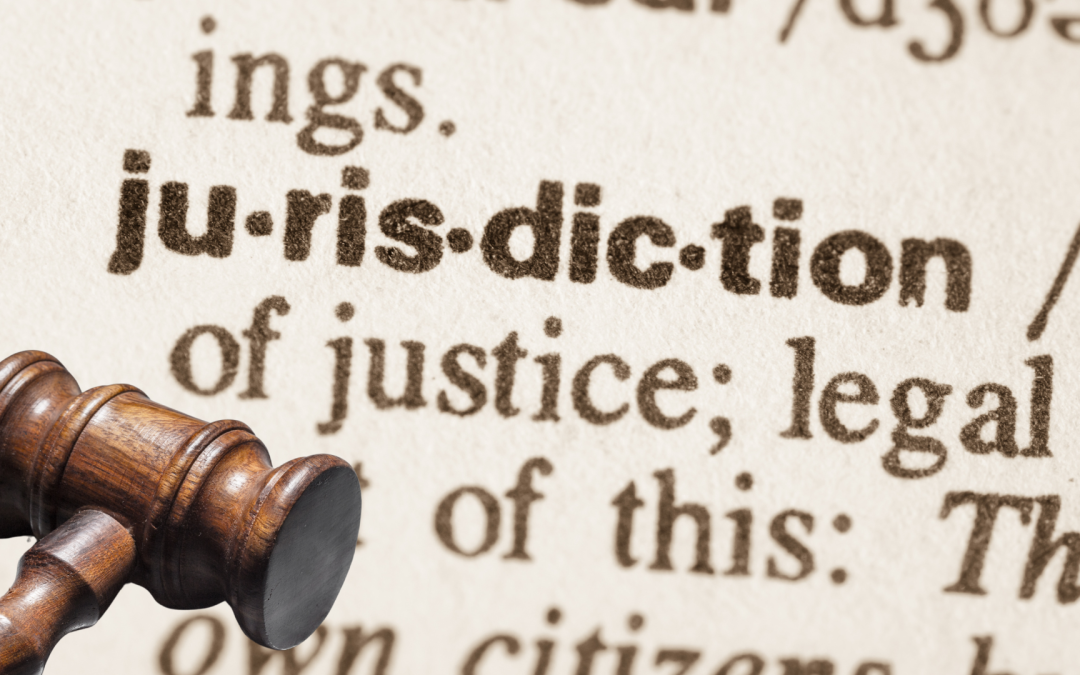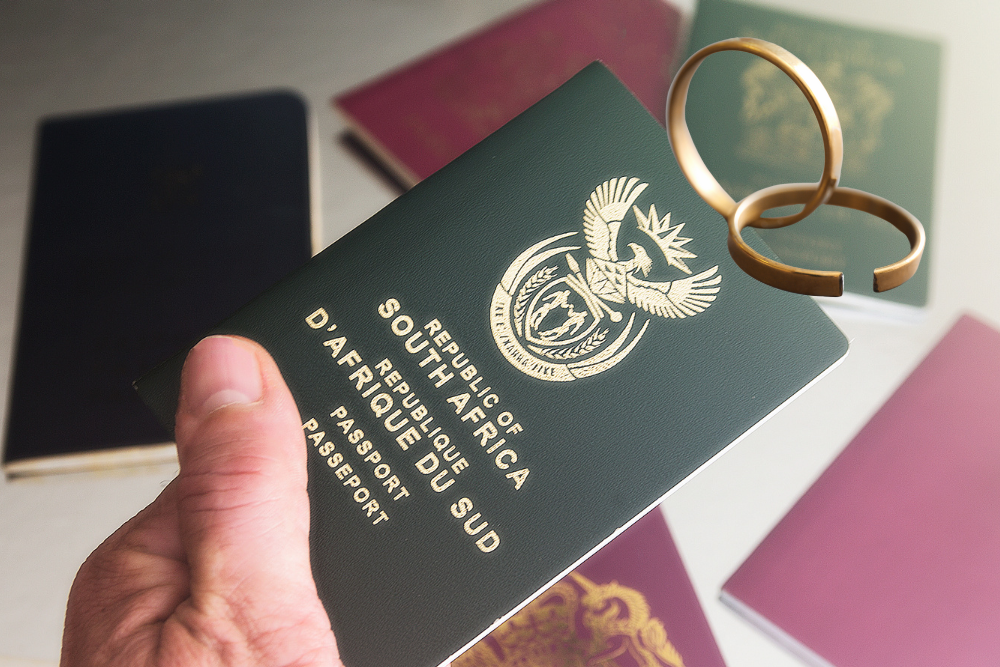Alex and Sam have been married for a few years and have decided to get a divorce. Alex has proposed to Sam that they attempt to resolve the terms of their divorce through mediation. Sam is concerned about the mediation process and whether either of the parties’ rights would be compromised by partaking in the mediation process. In this article, we will be busting the Top 3 Mediation Myths surrounding mediation.
Myth #1 – The fact that I wanted to attend mediation will make me look bad in Court.
There seems to be a grave misconception that willingness to mediate is tantamount to an acknowledgement of guilt or evidence of a weak case. In fact, one of the questions I am faced with most frequently in my mediation practice and my legal practice revolves around whether the fact that a party refers a matter to mediation can be held against them in Court.
The fact of the matter is that a willingness to mediate simply cannot be held against anyone in Court. On the contrary, the Courts love litigants who are willing to mediate! Most Judges and Magistrates hold the firm view that cases which are capable of settlement should be settled. Such settlement eases their workload and ensures that only those cases which are utterly incapable of being settled end up using Court resources (which are already stretched thin).
In practice, referring matters to mediation has become all but compulsory. Such drive towards mediation as a prominent dispute resolution tool has been largely fueled by the addition of Rule 41A to the High Court Rules in 2020. Rule 41A requires litigants to state in writing whether they agree to mediation or not, together with full reasons. Litigants who do not agree to mediation may be at risk of having adverse costs orders granted against them. At date of writing hereof (January 2021) there is not yet an equivalent to Rule 41A in the Magistrates’ Courts; the promulgation of such Rule, however, appears to be imminent.
Myth #2 – The mediator has the power to impose their will on the parties.
It is a common occurrence for either mediating party (or both mediating parties) to seek to curry favour with the appointed mediator. Sadly, this often emanates from a false belief that the mediator should be on “their side”, and that such partisanship will lead to a better outcome. Such false belief, in turn, originates from the belief that the mediator has the power to impose their will on the parties; this is simply not the case.
A mediator simply does not have the power to impose their will on the parties; and a good mediator would not attempt to do so. The reality is that the parties are and remain the authors of the outcome of mediation in that any outcome can only be reached by consent (i.e., agreement between the parties). If the parties cannot agree on a particular point the mediator cannot force the one party to bend to the will of the other; in such cases the mediator has no discretion but to issue a certificate stating that the parties could not mediate the issue.
Myth #3 – The mediator no power whatsoever
It is somewhat ironic that, whilst some people believe the mediator has all the power, others believe that the mediator has none. Both these positions are equally untenable. Whilst the parties have the power to control the outcome of the mediation, the mediator controls the process.
In cases where one, or both, of the parties flagrantly disregards the authority of the mediator to control the process, the mediator has the power to terminate the process in its entirety owing to such conduct.
Myth #4 – Anything I say in mediation can be used against me at a later stage.
Whilst the first myth deals with the fear of judgment for attending mediation, this myth deals with the fear of having concessions which were made in mediation used against the party making such concession at a later stage.
The fact is that any concession made in mediation is without prejudice; this means that it is “off the record” and cannot be brought up in legal proceedings. If the parties reach a settlement in mediation, all the concessions made by both parties are recorded in a signed agreement, which becomes a valid legal document. If settlement is not reached, the concessions which the parties were willing to make towards one another will become null and void and cannot be used against either of them.
Myth #5 – Nothing I say or do in mediation can be used against me at a later stage.
Statements made in the bona fide pursuit of settlement negotiations are privileged (i.e., without prejudice). This does not necessarily mean that anything said or done by the parties during mediation will remain “off the record”.
Notable examples may include:
• If a party makes an utterance of a threat to another party.
• If the parties furnish documents to one another which would be capable of disclosure by means of the discovery process (i.e., bank statements).
• If a party makes it clear that they are only attending the mediation session to keep up appearances and that they have no intention of settling.
Whether or not particular information, concessions, or actions will receive protection under the “without prejudice” principle obviously depends on the facts of each matter.













